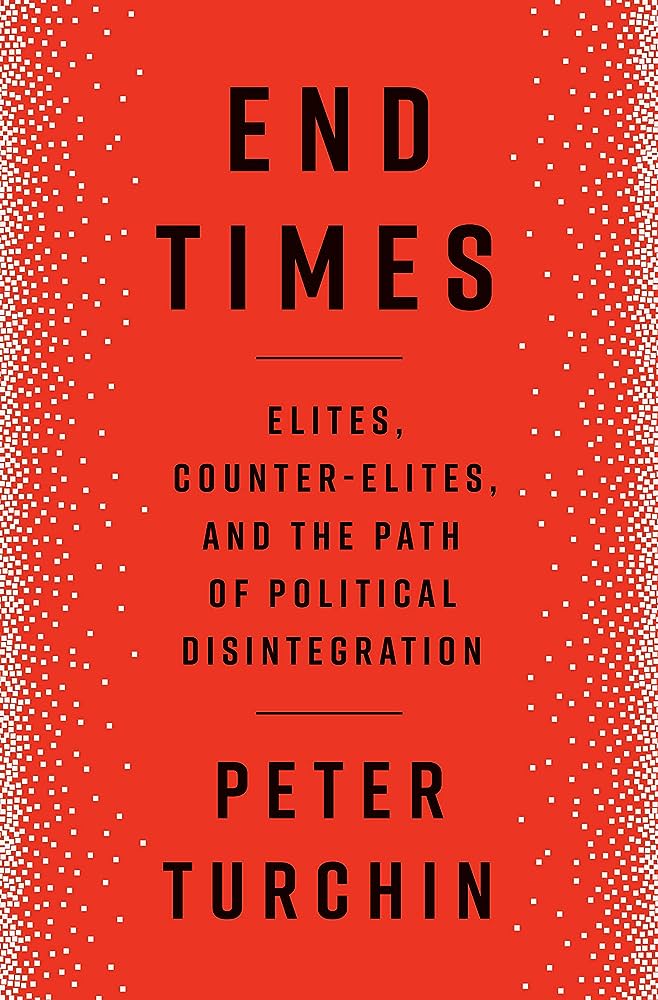Historians! Put down your tools! Your labors are at an end. The scientists have finally solved history, turning it from a jumble of haphazard facts (“just one damn thing after another”), into something measurable, testable and — most importantly — predictable.
That, in short, is the message of Peter Turchin’s provocative new book, End Times: Elites, Counter-Elites, and the Path of Political Disintegration. A theoretical biologist by training, Turchin came to the study of history late, after decades spent developing mathematical models for interactions between predators and prey. At some point he realized those same models could be applied to the boom-and-bust cycles governing the fortunes of states and empires.
Blessed with tenure, Turchin thus made a risky midcareer move to a different field. Or rather, with the historical sociologist Jack Goldstone, he co-founded a brand new one, which they dubbed cliodynamics. This is meant to be a “new science of history” that exposes the hidden processes driving political instability in “all complex societies.” End Times is at once a primer on this “flourishing” new field, which has attracted considerable attention in recent years, and a direct application of it to the political landscape of the United States as it appeared in the last quarter of 2022.
Turchin promises at the outset of the book that, by treating history itself as “Big Data,” he and his collaborators can explain why everything that happened in the past happened, and tell us, with reasonable certainty, what will happen next. Tackling the past, present, and future is a big job. As a consequence, the pace of End Times is brisk, the arguments flashy, and the conclusions, for the most part, unsatisfying.
The overall thesis of Turchin’s book is disarmingly simple. History is shaped by interaction between the elites and the masses. When these two groups are in equilibrium, harmony reigns. But when too many people are vying for elite status all at once, things go out of whack, and instability becomes inevitable. At this point, there are only two real ways to bring the system back in line. The first is to turn off the “wealth pump,” Turchin’s term for whatever economic mechanism — technological change, tax policy, or even agricultural overpopulation in the case of medieval France — is at work in a given moment enriching the elites and depressing the relatives wages of the masses. The second is for the elites to physically eliminate one another in a revolution or civil war.

